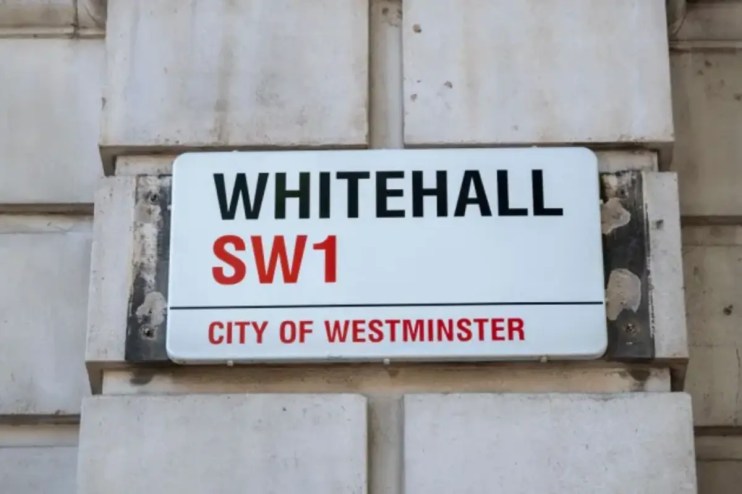If we “re-wire” the state, how much should government do?

There is a consensus that the state must be more efficient, but less attention has been paid to how much it should actually do, says Eliot Wilson
The government has been talking in revolutionary terms recently about how Britain is run. When he appointed Sir Chris Wormald as the new cabinet secretary, the Prime Minister was explicit: “To change this country, we must change the way government serves this country”.
Sir Keir Starmer is by his own lights passionate about this mission: “nothing less than the complete re-wiring of the British state to deliver bold and ambitious long-term reform”. Yet there has been little consideration of how much the state can and should do, rather than how well or badly it does it.
There is a consensus that things must change. The events of the past decade have shown that the United Kingdom’s state apparatus is failing to work properly, and in some cases not functioning at all. The most obvious example is immigration: ministers have declared for years their avowed intention to cut net migration radically, yet seem powerless to make it happen. Equally one could look sorrowfully at the condition of the prison system, or the crisis over reinforced autoclaved aerated concrete (RAAC) in school buildings earlier this year.
This is not a product of a shrunken civil service. Although numbers fell sharply between 2011 and 2016 to a low of 384,230, they then rose again and there are currently 513,205 full-time equivalent civil servants. This is the highest for 20 years. At the same time, as Sam Freedman argued forcefully in his recent book Failed State, enormous swathes of activity, from probation to education, have been operationally contracted out, although the government retains ultimate responsibility and, critically, carries the risk.
State expansion
Bluntly, the state does much more than it did a century ago. When the first Labour government was formed in 1924, there were nine cabinet ministers with broadly domestic responsibilities; today there are 16. That reflects the expansion of the welfare state, greater central involvement in education and the growth of technology. But along with new areas of responsibility, the government has extended its influence, formal and informal, into areas of life in ways the cabinet of 1924 could not have imagined.
Look at the Football Governance Bill, a Conservative project revived enthusiastically by Labour ministers. Its provisions will create an Independent Football Regulator, establish a licensing system for football clubs and regulate the distribution of revenue. It will lead to statutory oversight of the badges of football clubs (seriously). If the government cannot properly control the nation’s borders, what on earth is it doing expending time, effort and resources on controlling a game?
If the government cannot properly control the nation’s borders, what on earth is it doing expending time, effort and resources on controlling a game?
This overreach is not the preserve of the left. Under the Companies (Miscellaneous Reporting) Regulations 2018, introduced by Theresa May’s government, firms with more than 250 employees are required not only to publish details of executive pay and how it relates to average remuneration, but also explain the differences in pay in the context of their overall strategy and relationships with suppliers, customers and others. Is this a reasonable burden to impose on private enterprise?
I am not the kind of libertarian who reads himself to sleep with Atlas Shrugged and dreams happily of Robert Nozick’s night-watchman state. Government is more than simply a framework to protect against force and theft. But the state in 2023/24 spent 45 per cent of our GDP, and it hardly spent it well. If we really want to “re-wire” Britain and make government more effective and efficient, we need to re-examine what it does, compared to what it should do.
These will be tough choices. Some collective provision will always be required, but a sustainable state must have a greater emphasis on enabling us as citizens to spend our own money on our own needs, rather than filtering it through Whitehall in taxation. Hand in hand with that, we should recognise that some areas are not a matter for government at all.
On his first day in office, Starmer, improbably, promised to “tread more lightly” on our lives. If he was serious, however, this “re-wiring” of the state is the ideal opportunity. Kemi Badenoch cited as a principle that “government should do fewer things but better. And what it does, it should do with brilliance.” If the prime minister and the leader of the Opposition agree, maybe we will see genuine progress? As they say on social media, I’ll wait.
by Eliot Wilson, writer and strategic adviser